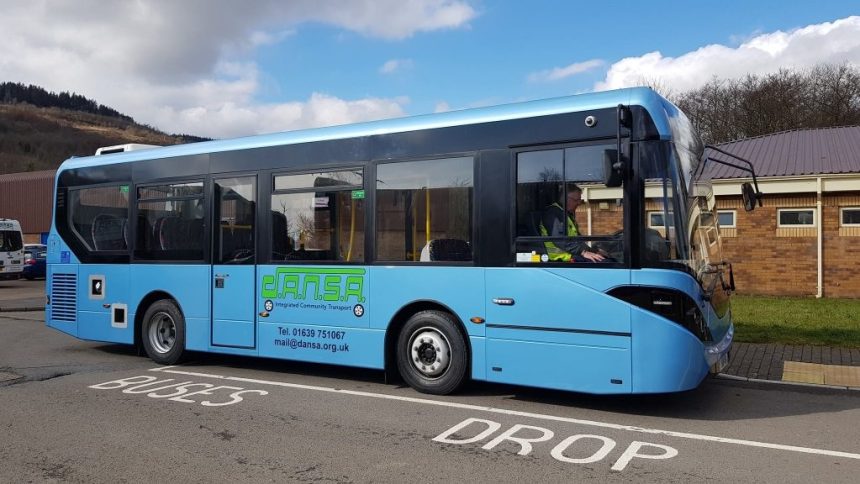The 32 Section 19 and Section 22 permits held by Neath-based DANSA have been revoked with effect from the end of 2019 by Traffic Commissioner (TC) Nick Jones.
He also issued a warning that any continued permit operation after that date could lead to the revocation of the company’s four-vehicle PSV O-Licence. However, the TC has indicated that he will extend the date at which DANSA will have its permits revoked if the company seeks to increase the authorisation on its O-Licence.
Criteria questions as Section 19 and 22 permits revoked
DANSA is not a registered charity. It holds 14 Section 22 permits and 18 Section 19 permits. There are no services registered on its PSV O-Licence. There are 28 registered services using Section 22 permits.
The TC said that renewal applications for permits raised issues as to whether the organisation met the criteria for operating under Section 19 and Section 22 permits. Further concerns were raised as a result of fixed penalties being issued by the police.
Guidance issued by DfT indicated that an entity could not hold both permits issued under Section 19 and Section 22 and at the same time hold a PSV O-Licence.
The trigger for the hearing was the issue of fixed penalties by a police officer in respect to a number of issues, including operating without an O-Licence.
In fairness to DANSA, it has relied on advice and guidance given by both Welsh Government officials and DfT. Recent guidance did not comment on what amounted to being “exclusively non-commercial”.
The TC concluded that the evidence from the two local authorities corroborated evidence given at the hearing that it could not be said that DANSA was exclusively non-commercial.
‘TC must apply the law’
The TC did not seek to prevent the many good works undertaken by DANSA. That was why he had dated the revocation relatively far ahead. He also recognised that DfT had previously indicated to local authorities that existing arrangements could continue.
While he must apply the law, even when it conflicted with policy, he sought to give time to put matters right. That did not mean that DANSA could ignore his decision. It would very likely need to make an application for an increase in authorisation on its O-Licence.
To ensure that was given every assistance, the TC was delegating to any senior team leader member of staff the authority to grant an increase subject to paperwork, finance and such being in order. He did not see any issue with that coming about.
The TC noted that some of the drivers might not have the correct entitlements. He reflected that they were better paid than many other drivers who did have all the correct entitlements. He took some comfort from the fact that he had been told that was being addressed.
Some neighbouring local authorities required full PCV driving licences and CPD as an essential criterion for the grant of any public monies. In this case, that would necessarily come about as a result of the need to operate utilising an O-Licence.

























